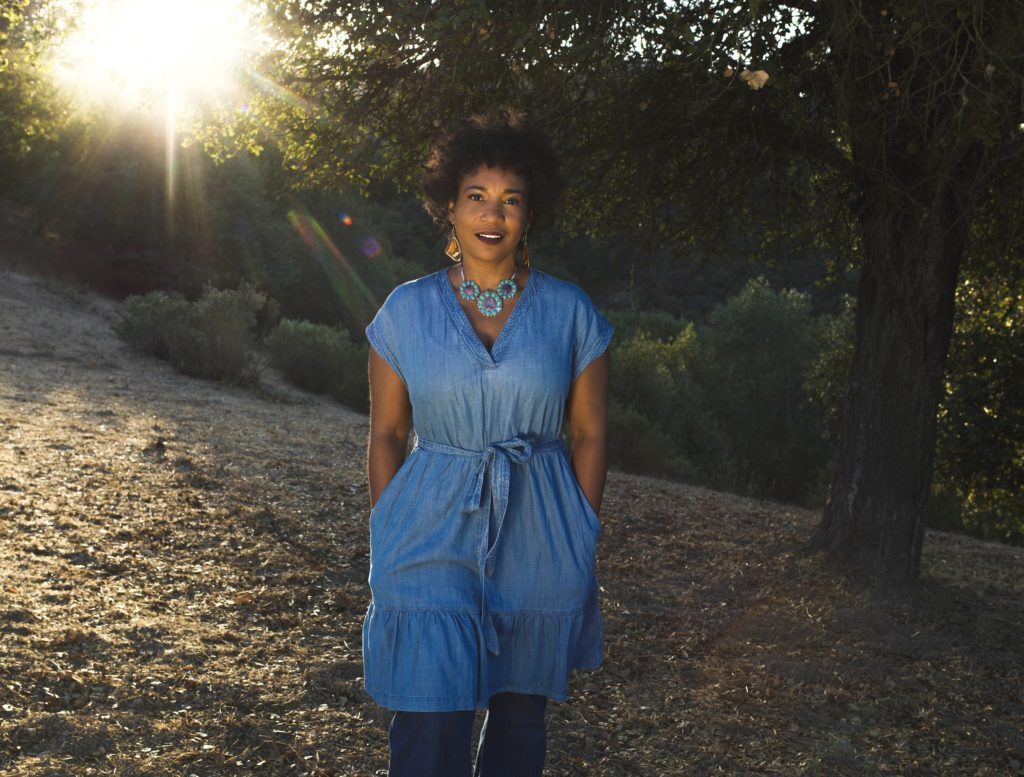
Editor’s Note: In celebration of Women’s History Month, You Sing I Write is highlighting female country artists and songwriters throughout March.
Miko Marks never intended to record another album. After facing unsurmountable roadblocks as a Black singer navigating the Nashville country music scene in the early 2000s, Marks gave up her dream of recording. Instead, she focused on performing and her residency in Oakland, California at Overland. Thirteen years since releasing her last album, It Feels Good, Marks returns with Our Country.
The idea of recording new music came to Marks from songwriter and producer Justin Phipps. In 2019, Phipps shared a song he wrote called “Goodnight America.” The stripped down ballad details the idea of freedom in America and how certain freedoms aren’t provided for everyone.
“It was such a special song,” Marks tells me. “I had never done something that was so spot on for where we are in the world. I had to [record] this song.”
Marks recorded the song with Phipps and Steve Wyreman in early 2020. While Marks says she and her collaborators initially began recording on a song by song basis, by the time they completed four tracks they knew an album was in the works.
“It was really that organic,” she says. “It was something I didn’t even think to do.”
Our Country includes inspired covers like “Hard Times” mixed in with Marks’ originals like the deeply autobiographical “We Are Here” about the hardships those face living in her hometown of Flint, Michigan. Mavis Staples’ version of “Hard Times” inspired Marks to record her own interpretation as well as pushed her to finish writing a song about the suffering and marginalization of the people in her home state.
While Marks says she sees changes being made in the country industry today, she admits to being disheartened when she was trying to find her way in her early career.
“No matter what I did, it didn’t really resonate in Nashville. So, I was discouraged,” she says. “That may be part of the reason why I stepped away from recording. … The amount of gatekeeping in Nashville was just astounding to me at that time. I was in my late 20s and I had no idea what I was up against.
“It’s refreshing today to see so many people of color making music and making a way for themselves like Breland, Mickey Guyton, Brittney Spencer, Rissi Palmer, Reyna Roberts. There were not that many when I was trying to make a go at it. There’s a unity and there’s a movement [now]. The listeners are actually using their voice to acknowledge these talented artists and that is a shift that I didn’t think I would see.”
For more of my interview with Miko Marks, visit Forbes.